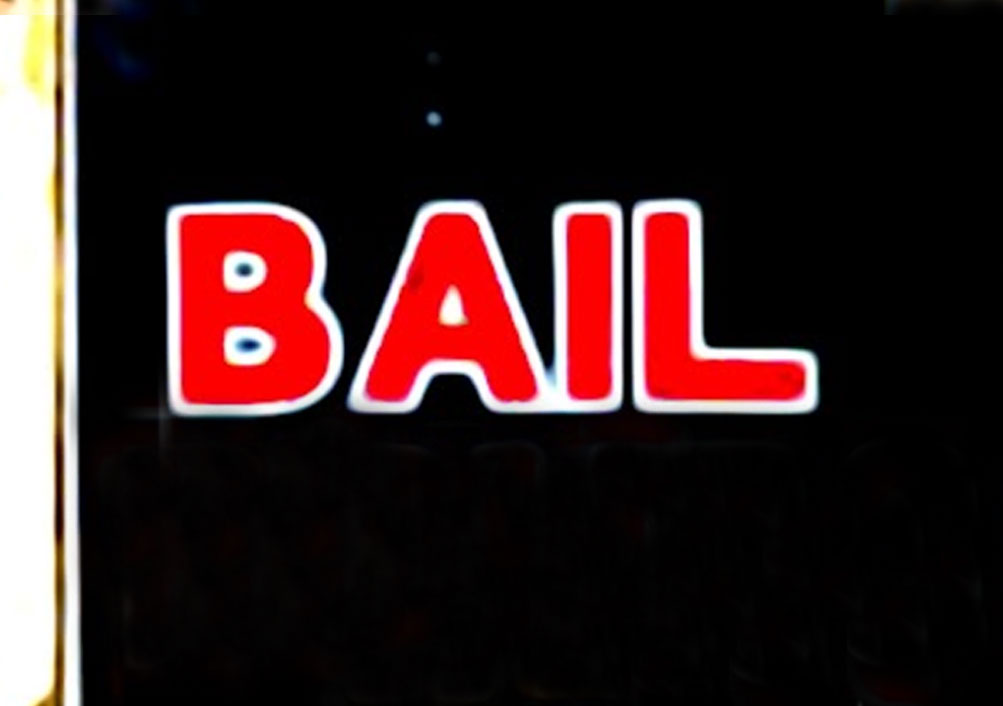Accused can’t claim parity while seeking enlargement on bail, if role attributed to him in commission of offence is serious & there is likelihood of evidence being tampered:SC

Read Judgment: Shri Mahadev Meena vs. Praveen Rathore & Another
Pankaj Bajpai
New Delhi, September 30, 2021: The Supreme Court has ruled that when the Court is called upon to evaluate whether a case for the grant of bail has been made out, it is inappropriate to enter upon matters which would form the subject of the trial when evidence is adduced by the prosecution.
While setting aside the order of bail granted by the High Court, the Top Court opined that the consideration that twenty-five witnesses out of seventy-six witnesses had been examined must equally be weighed with the seriousness of the crime, the role attributed to the first respondent (Praveen Rathore) and the likelihood of the evidence being tampered with if the first respondent were to remain on bail during the course of the trial.
A Division Bench of Justice Dr. D.Y. Chandrachud and Justice B.V. Nagarathna observed that the first respondent cannot claim parity with the co-accused since the allegations in the FIR and the material that has emerged from the investigation indicate that a major role has been attributed to him in the murder of the deceased.
The story revolved around a Senior Technical Officer with the Intelligence Bureau in New Delhi, who was found in an unconscious state near Railway Crossing Puliya and was declared dead when brought to the hospital.
Later on investigation, it was revealed that he was killed by administering Ketamine. Accordingly, a charge sheet was filed against Praveen Rathore (employee of the Anti-Corruption Bureau), the wife of the deceased and other persons.
Although the co-accused Anita Meena was granted bail, after the High Court found that she had a child of eleven months and due to her incarceration, her child was also confined with her in the jail.
Later, Praveen Rathore was also granted bail considering the fact that he was in custody for a period of two and a half years and out of seventy-six witnesses, only twenty-five had been examined.
The High Court also considered that there was a delay in lodging of FIR and while the initial FSL report did not contain any reference to the use of the Ketamine, it was after four months that police had developed a case that Ketamine was administered to the deceased.
After considering the plea of the father of the deceased, the Top Court said that the High Court ought to have given due regard to the seriousness and gravity of the crime, and the material which had emerged during the course of investigation cannot simply be ignored or glossed over.
The Top Court further noted that the first respondent himself being an employee of the Anti- Corruption Bureau at Jhalawar, the likelihood of the evidence being tampered with and of the witnesses being suborned cannot be discounted.
Bail was granted to the co-accused Anita Meena primarily and substantially on the ground that she had a child of eleven months with her in jail, which cannot be the basis to a claim of parity on the part of the first respondent”, opined the Top Court.
Having analyzed prima facie the circumstances in which the offence was committed and the nature of the allegations, the Division Bench went on to refer to the precedents of this Court governing the grant of bail in case of Ram Govind Upadhyay v. Sudharshan Singh , where the two-judge Bench has listed the considerations that govern the grant of bail without attributing an exhaustive character to them.
The Division Bench elaborated that this Court in Ram Govind Upadhyay case, has observed that: “(a) While granting bail the court has to keep in mind not only the nature of the accusations, but the severity of the punishment, if the accusation entails a conviction and the nature of evidence in support of the accusations; (b) Reasonable apprehensions of the witnesses being tampered with or the apprehension of there being a threat for the complainant should also weigh with the court in the matter of grant of bail; (c) While it is not expected to have the entire evidence establishing the guilt of the accused beyond reasonable doubt but there ought always to be a prima facie satisfaction of the court in support of the charge; and (d) Frivolity in prosecution should always be considered and it is only the element of genuineness that shall have to be considered in the matter of grant of bail, and in the event of there being some doubt as to the genuineness of the prosecution, in the normal course of events, the accused is entitled to an order of bail”.
Therefore, observing that it was wholly inappropriate for the High Court to proceed on the surmise that the police had “developed a case” that Ketamine was administered, after four months of the incident, the Apex Court directed that the first respondent shall surrender forthwith and be taken into custody.
Sign up for our weekly newsletter to stay up to date on our product, events featured blog, special offer and all of the exciting things that take place here at Legitquest.




Add a Comment